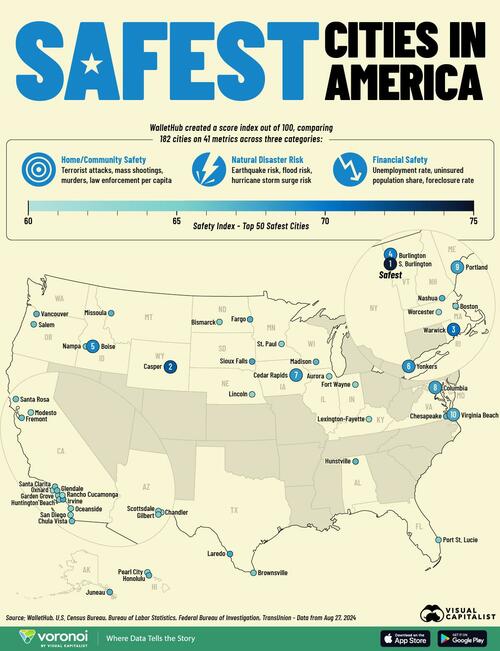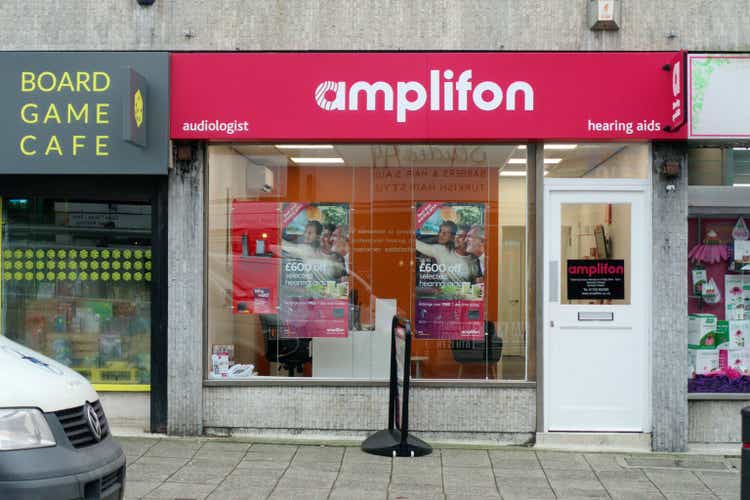
It's estimated that around two million people across the UK are living with vision problems or a degenerative eye condition. Over 59,000 adults under the age of 65 are receiving extra financial support through Personal Independence Payment (PIP), while nearly 50,000 people above the State Pension age are getting regular payments through Attendance Allowance. Three quarters of those with a visual impairment are over 65, and about 8,000 working-age individuals are registered as blind or partially sighted.
Losing sight in later life can be incredibly distressing for adults, as they may feel unable to engage in activities they enjoy, such as driving, sports, reading, and cooking. Mobility can also be affected, potentially leading to issues with independence and travel. However, it's important to note that the dedicated disability benefit for those over the State Pension age - Attendance Allowance - does not include a component for mobility needs, the Daily Record reports.
Attendance Allowance is a tax-free benefit administered by the Department for Work and Pensions (DWP). It currently provides additional financial support to over 1.6 million people across Great Britain.
The benefit is designed to help people of State Pension age with daily living expenses and can also assist them in maintaining their independence at home for longer. Common eye conditions affecting older people The most recent figures from the Department for Work and Pensions (DWP) reveal that in February 2024, a total of 49,677 individuals were receiving either £68.10 or £101.
75 each week due to a 'Visual Disorder or Disease'. This figure encompasses claimants suffering from common eye conditions that typically affect older people. There are over 45 such conditions affecting adults nationwide, including: Retina and optic nerve - other diseases of / type not known Diabetic Retinopathy (a condition that can cause vision loss in people with diabetes) Glaucoma Cataract Macular Degeneration - Wet and Dry (also referred to as age-related MD) Retinitis Pigmentosa Myopia (short-sightedness) Diseases of conjunctiva, cornea, eyelids and lacrimal apparatus Keratoconus Entropion Conjunctiva, cornea, eyelids and lacrimal apparatus - Other diseases of / type not known Ptosis Herpes zoster - ophthalmic Orbital cellulitis Keratitis Corneal ulceration Scleritis Uveitis Anterior Uveitis (iritis) Chorioretinal disorders - Other / type not known Posterior (choroiditis) Glaucoma Visual injuries to the eye Vitreous disease Posterior vitreous detachment Vitreous disease - Other / type not known Vitreous haemorrhage Diseases of the retina and optic nerve Retinal vein occlusion Optic neuritis Retina and optic nerve - Other diseases of / type not known Retinal detachment Hypertensive retinopathy Diabetic retinopathy Retinal artery occlusion Macular degeneration Retinitis Pigmentosa Optic atrophy Retinopathy - Other / type not known Cataract Refractive errors Astigmatism Hypermetropia (long-sighted) Myopia (short-sighted) Presbyopia Refractive errors - Other / type not known Disorders of eye movement Eye movement - Other disorders of / type not known Nystagmus Strabismus (Squint) Visual field defects Amblyopia Quadrantanopia Tunnel vision Cortical blindness Scotoma Diplopia (double vision) Hemianopia Visual field defects - Other / type not known For those over State Pension age living with a sight condition, even severe myopia, consider making a claim for Attendance Allowance.
More information about claiming Attendance Allowance can be found on the GOV.UK website..













